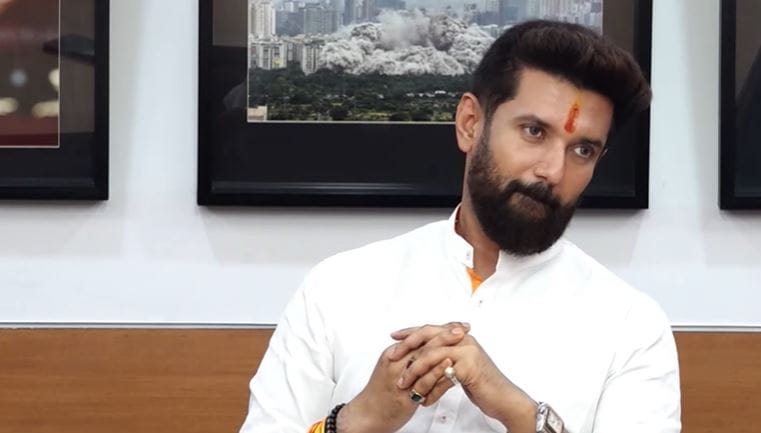The Case for a Nationwide Caste Census
Union Minister and Lok Janshakti Party (LJP) chief Chirag Paswan has recently advocated for a comprehensive caste census as part of the next national census. Paswan argues that such a census is crucial for the effective allocation of resources and funds for community-based development initiatives. However, he has expressed reservations about making the census data public, citing concerns that its disclosure could exacerbate social divisions.
The Uniform Civil Code (UCC) Controversy
In addition to his stance on the caste census, Paswan has voiced caution regarding the Uniform Civil Code (UCC). He emphasized that his position on the UCC remains indeterminate until a draft of the code is presented. India’s diverse cultural, linguistic, and social landscape presents challenges in implementing a singular legal framework applicable to all. Paswan highlighted that the UCC’s implications are not limited to the Hindu-Muslim divide but extend to various regional practices and traditions.
For instance, Paswan questioned how tribal communities in Chhattisgarh, with their distinct customs, could be integrated into a uniform legal system. He stressed the need for a thorough review of the UCC draft to address these complexities before formulating a definitive stance.
The Implications of Caste Census Data
Paswan’s advocacy for the caste census is driven by the need for precise demographic data to enhance policy decisions and resource allocation. Accurate caste-based data is vital for targeting development schemes and addressing community-specific needs. Courts often require such data to adjudicate matters related to caste-based reservations and entitlements.
However, Paswan strongly opposes making this data public. He argues that publicizing caste statistics could lead to increased social fragmentation, as seen in Bihar, where the state government’s disclosure of caste survey figures has led to heightened caste-based identity politics. Paswan asserts that keeping the data confidential within government channels is essential to avoid such divisive outcomes.
Political Landscape and Simultaneous Elections
Amidst these debates, Paswan also addressed the issue of simultaneous elections. He reaffirmed his and his party’s support for the concept of “One Nation, One Election,” which aims to synchronize elections for Parliament and state legislatures. Paswan highlighted that his party had previously provided input to the committee led by former President Ram Nath Kovind on this issue and is awaiting the final draft for further discussion.
Secularism and Electoral Reforms
The caste census debate and the UCC controversy intersect with broader discussions on secularism and electoral reforms in India. The Narendra Modi government, which secured a third term in June, has not yet articulated a clear position on a nationwide caste census. Despite support for the caste census in Bihar, the central government remains non-committal on extending this initiative nationally.
In contrast, Paswan’s support for simultaneous elections aligns with a broader push for administrative efficiency and consistency in electoral processes. However, the reduced majority of the NDA government poses challenges for implementing such reforms, making it essential to navigate these complex issues with sensitivity to India’s diverse social fabric.
Key Learning Points
| Key Learning Points |
|---|
| Chirag Paswan supports a nationwide caste census for better resource allocation but opposes public disclosure of data. |
| Paswan remains cautious about the Uniform Civil Code (UCC) and awaits a draft to address regional and cultural concerns. |
| Accurate caste-based data is crucial for targeted development but could lead to increased social divisions if made public. |
| Paswan supports simultaneous elections but acknowledges challenges due to the NDA government’s reduced majority. |
| The Narendra Modi government’s stance on the nationwide caste census and UCC remains unclear, affecting political discourse. |
Summary
Chirag Paswan has advocated for a nationwide caste census to improve resource allocation for community-based development but cautions against making the data public due to potential social divisions. He also remains skeptical about the Uniform Civil Code (UCC) until a draft is reviewed, highlighting India’s diverse cultural landscape. Additionally, Paswan supports the concept of simultaneous elections but recognizes the challenges faced by the NDA government.

Sunil Garnayak is an expert in Indian news with extensive knowledge of the nation’s political, social, and economic landscape and international relations. With years of experience in journalism, Sunil delivers in-depth analysis and accurate reporting that keeps readers informed about the latest developments in India. His commitment to factual accuracy and nuanced storytelling ensures that his articles provide valuable insights into the country’s most pressing issues.



